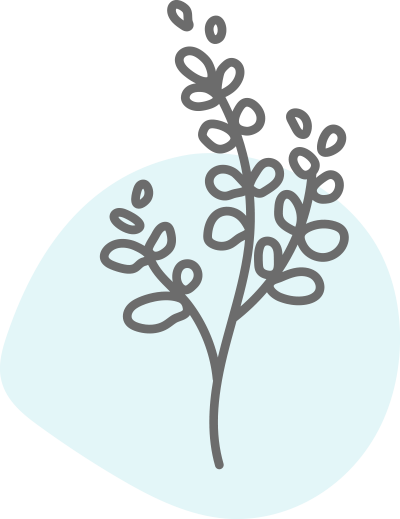
Somatics, also known as somatic therapy, is a derivative of the Greek word “soma” meaning “in the body”. The philosophy of somatics teaches and explores the interconnection between mind and emotions, known as “cellular memory” stored in every muscle, fascia, tissue, tendon and all organs of the body.
These emotional memories contribute to how we are in the world, our belief systems, attitudes and interactions with the world and in all our personal and professional relationships.
Our world from a young age commences with the psychodynamic relationships forged in our family of origin or with our major care givers. It is from these first relationships that we learn how to behave, survive, receive and give love, standard of nurturing and generally how to survive in our primary relationships.
We then take what we have learned in our family into the wider world and attempt to adapt the world to what we know and are used to. It is in the wider world that we encounter people with differing standards, levels of nurturing and relationship styles. Much of what we have learned through our childhood and families are ways of survival, of adapting our “true self” to the expectations and standards of our family members and significant, others i.e. teachers, religious leaders etc.
As children our very survival is dependent on our care givers. We learn very quickly to adapt our behaviour to conform to the “norm” in whatever situation we find ourselves in, both for acceptance, safety and survival needs . Most of us can recall our “true self’- that person who as a child, gained great pleasure and connection with our spirit from lying on the grass watching clouds scudding across the sky, climbing a tree to feel we were kings or queens of our worlds, jumping with wild enthusiasm into the ocean, free painting/drawing our creations on a sheet of butcher’s paper.
Somewhere through life, we were instructed out of such free form behaviours by our care givers, with messages of what was “correct” and not “idle” behaviour – in their terms. Until we learn or feel the need to break out of the constrictions of our young ways of living or being, we act as adults much as we did as children. Patterns of behaviours we have learned to carry through life since childhood are usually redundant in adulthood.
The inner process for all of us will range from self-blame, criticism, hopelessness to a critical inner voice. Similarly, the external aspects of self-injury can result in behaviours that are detrimental to a full recovery These behaviours can manifest in over use of alcohol, partaking of illicit drugs, risk taking behaviours, either sexually or physically, i.e. dangerous driving.
Positive and nurturing self-behaviours can be having a massage, exercise, listening to music, meditation, yoga , reading and being in the company of positive and supportive family and friends,
As you become more conscious of the ways in which abandonment can damage your sense of self, you will actively intercept and refute its negative messages and avoid internalising them.